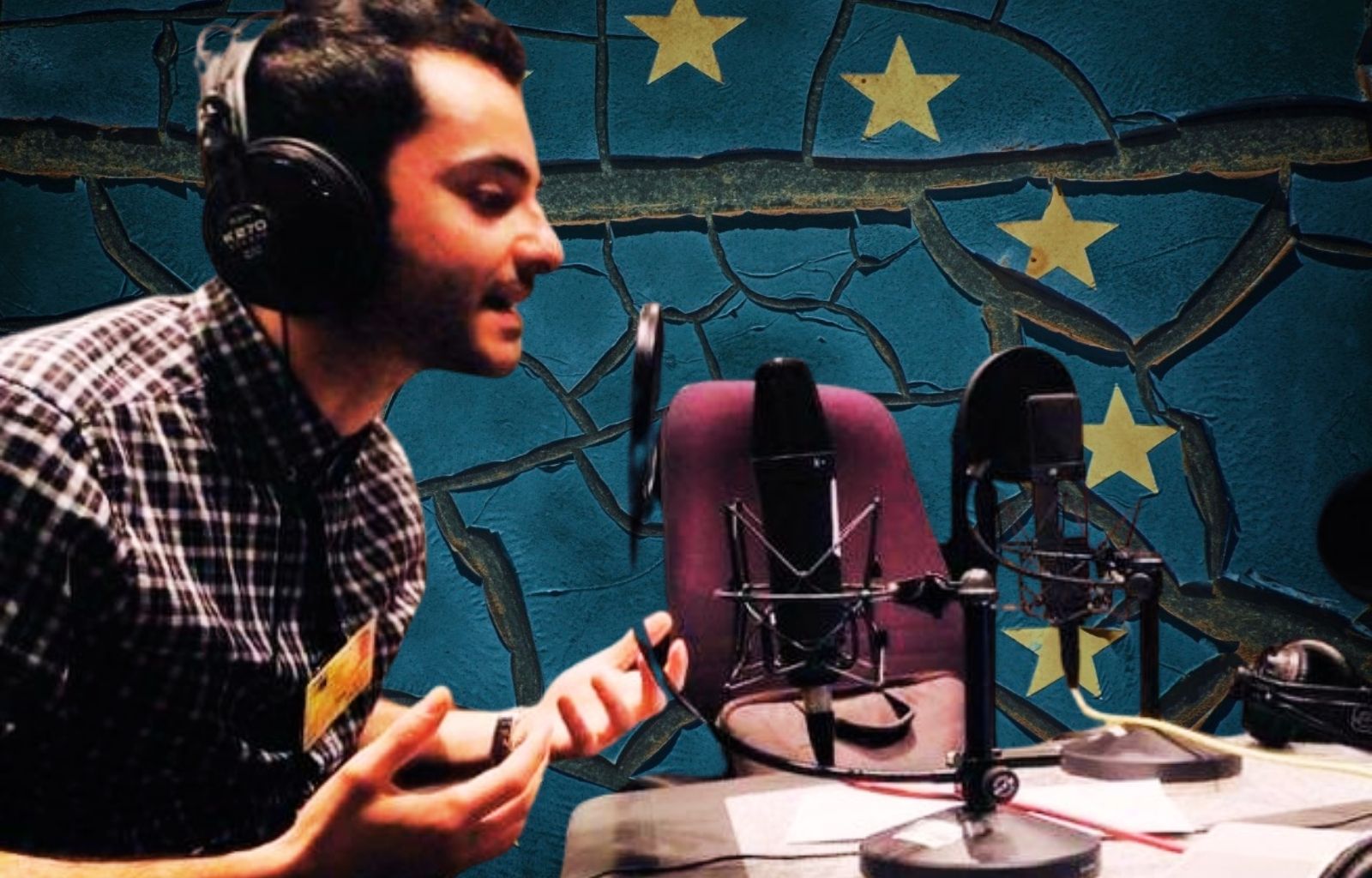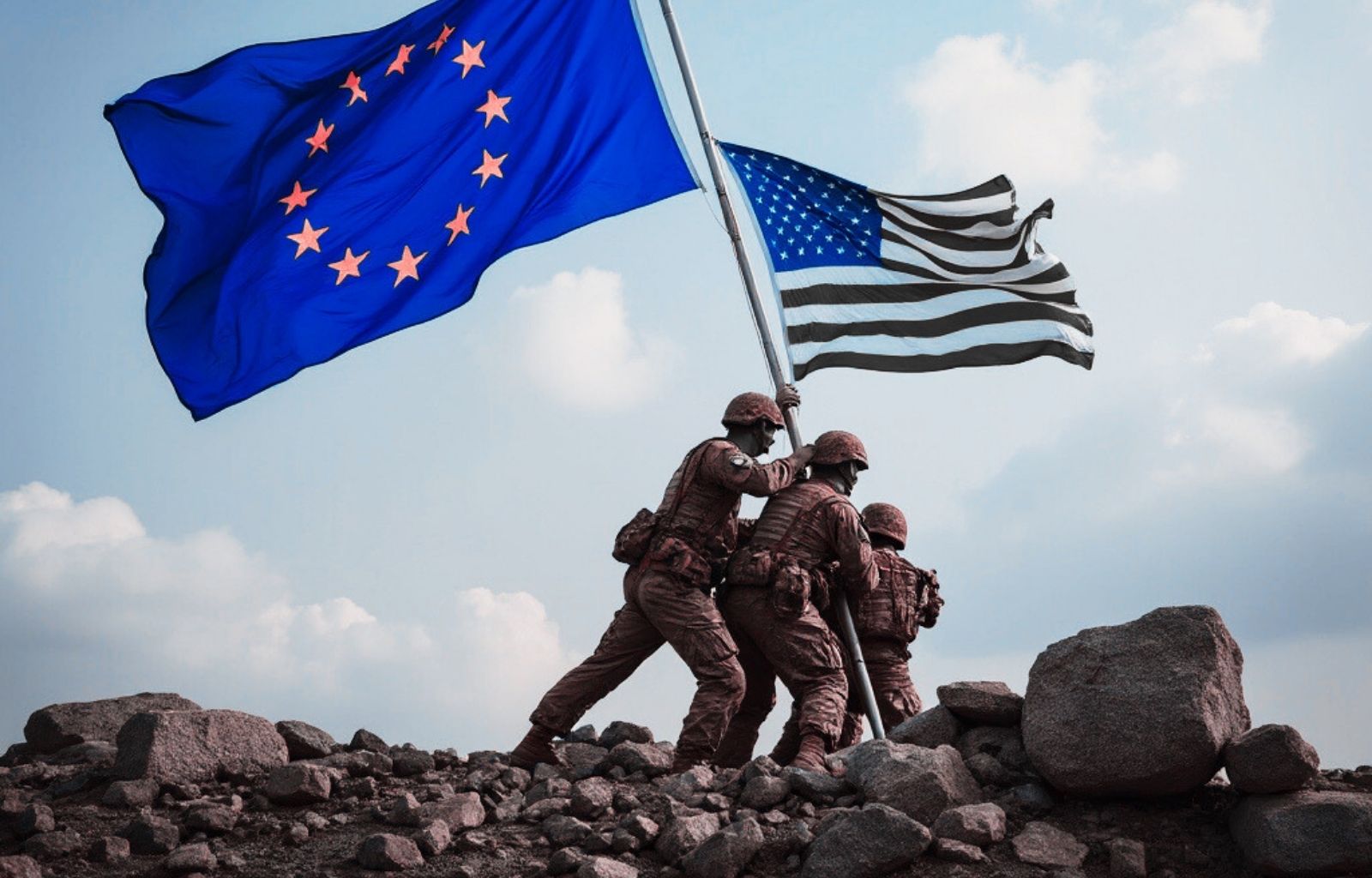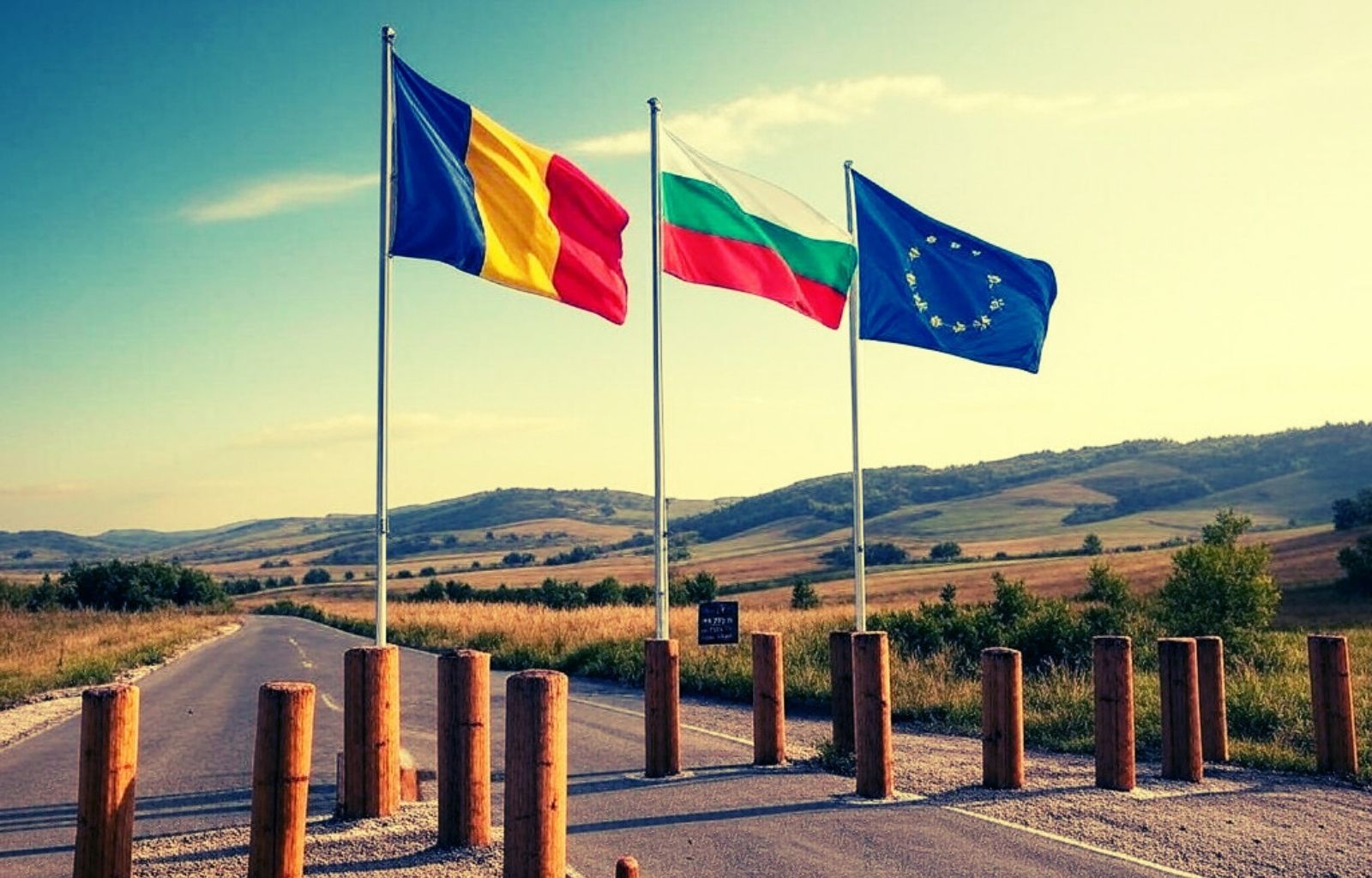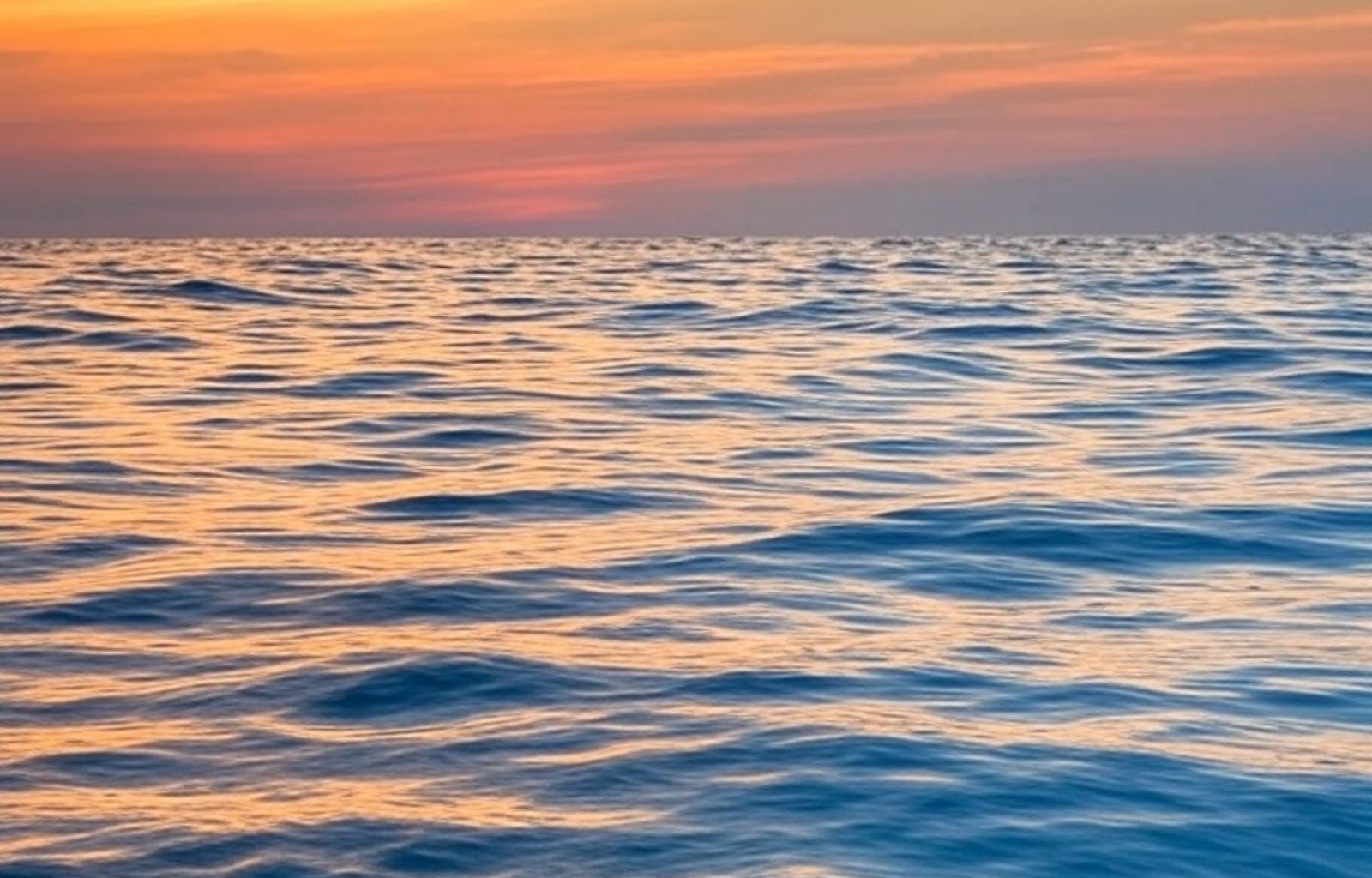“Europe should engage with the Arabian Gulf.” Data and analysis from the EGIC report
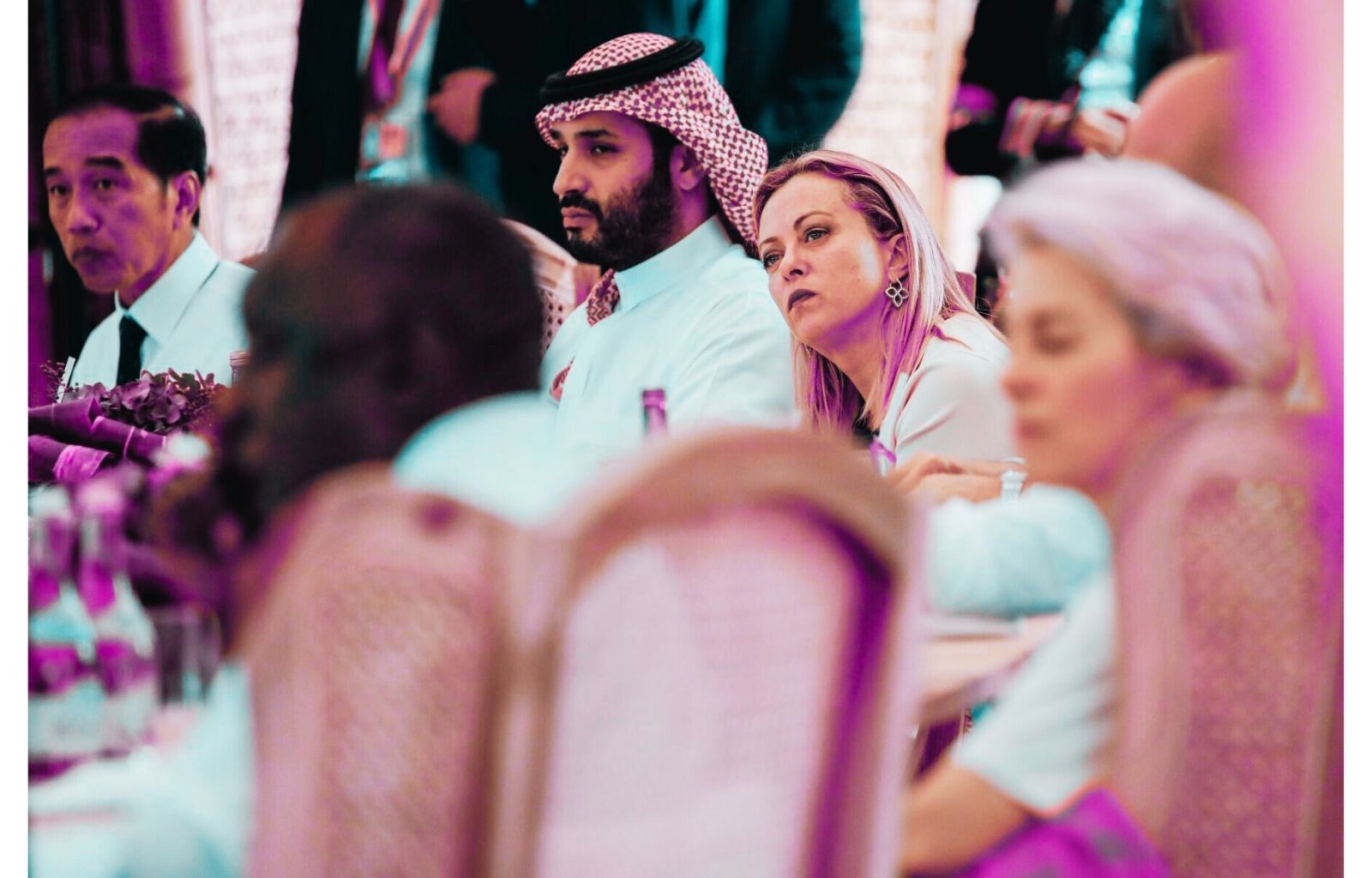
The recent infographic by the Euro Gulf Information Centre (EGIC) paints a vivid picture of the growing economic ties between the European Union (EU) and the Gulf Cooperation Council (GCC). Over the past decade, trade between the two regions has more than doubled, underscoring their deepening interdependence. Yet, the significance of this relationship extends far beyond economic exchanges. Europe must now move to strengthen its political investment in the GCC, recognizing the strategic importance of this partnership in addressing shared challenges such as energy security, global stability, and the green transition.
Nikola Zukalová, EGIC’s EU Strategic Affairs Manager, emphasizes that the Gulf countries are poised to play a pivotal role in supporting Europe’s twin green and digital transitions, especially as the EU intensifies its focus on economic foreign policy. The EU-GCC Summit held in October sent a strong signal of political intent to reinforce economic cooperation between the two blocs amid an era of increased geoeconomic competition. Zukalová notes that “this cooperation should be mutually beneficial,” with the progress of renewed talks on the EU-GCC Free Trade Agreement and other tailored bilateral trade arrangements being essential for success.
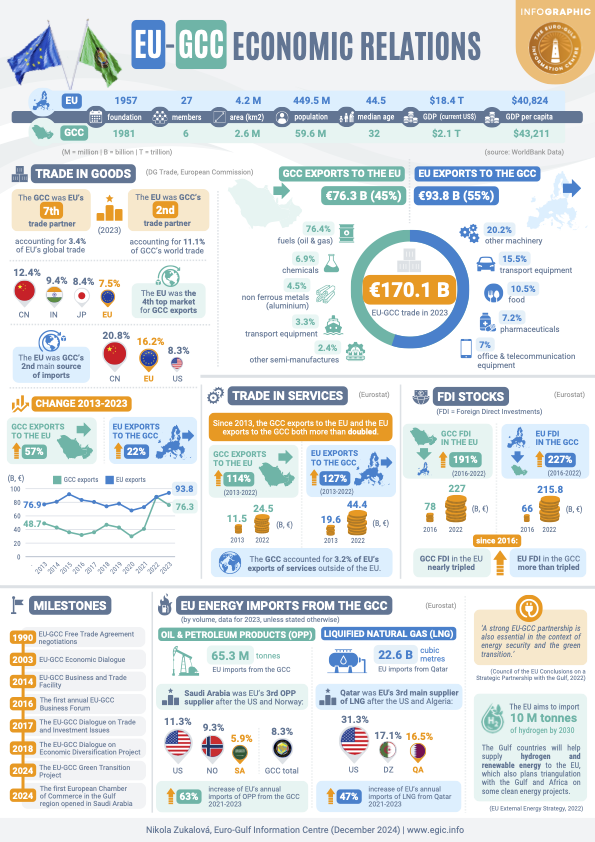
Energy and Security: The Cornerstones of Cooperation
The Gulf is already a cornerstone of Europe’s energy security. As the EU diversifies its energy supply in response to reduced reliance on Russia, Gulf states such as Qatar and Saudi Arabia have become indispensable. Qatar, Europe’s third-largest supplier of liquefied natural gas (LNG), increased its exports to the EU by 47% between 2021 and 2023, while Saudi Arabia ranks as the EU’s third-largest oil supplier. These ties are set to deepen as Europe advances its green transition, with the Gulf’s clean energy initiatives, particularly in hydrogen production, aligning with EU goals to import 10 million tonnes of hydrogen annually by 2030.
Security, too, is a critical element of the relationship. The GCC occupies a strategically vital position at the crossroads of global trade routes, and its stability has far-reaching implications for international security. By investing politically in the Gulf, Europe can contribute to mitigating regional tensions, ensuring the uninterrupted flow of energy and goods, and fostering a rules-based global order. The EU-GCC partnership is also an essential counterbalance in a world where geoeconomic competition with powers like China and Russia is intensifying.
Bridging Differences for Mutual Benefit
While the EU and GCC differ significantly in their governance models and human rights perspectives, these differences should not prevent deeper engagement. The Gulf is undergoing significant economic diversification and social transformation, processes that Europe is well-placed to support. Zukalová highlights that strengthening economic cooperation between the EU and GCC is critical not only for delivering mutual benefits but also for fostering trust that can serve as a basis for addressing sensitive issues. Economic interdependence creates opportunities for constructive dialogue on governance and human rights in ways that isolation cannot achieve.
A Partnership for the Future
The EGIC’s data and Zukalová’s insights underscore that the EU-GCC relationship is more than a trade partnership—it is a strategic alliance in the making. The recently announced renewed talks on the EU-GCC Free Trade Agreement, along with tailored bilateral trade arrangements, represent crucial steps forward. These developments, combined with a clear political will to strengthen ties, suggest that this partnership has the potential to shape the global future.
Europe’s ability to navigate its energy transition, secure global trade routes, and remain a relevant geopolitical player depends significantly on its relationship with the Gulf. By investing politically in this partnership, the EU not only secures its strategic interests but also positions itself as a catalyst for positive change in the region. This is not about compromising European values; it is about recognizing that meaningful influence comes from engagement and cooperation.
As Zukalová aptly concludes, “the EU-GCC relationship is poised to become a central pillar of Europe’s global strategy in the coming decades”. The renewed political commitment to this partnership offers a unique opportunity to align interests and address challenges together, creating a model for cooperation that is not only economically prosperous but also geopolitically stabilizing and environmentally sustainable. This is a partnership that Europe cannot afford to overlook, for its own future and for the broader global balance.


